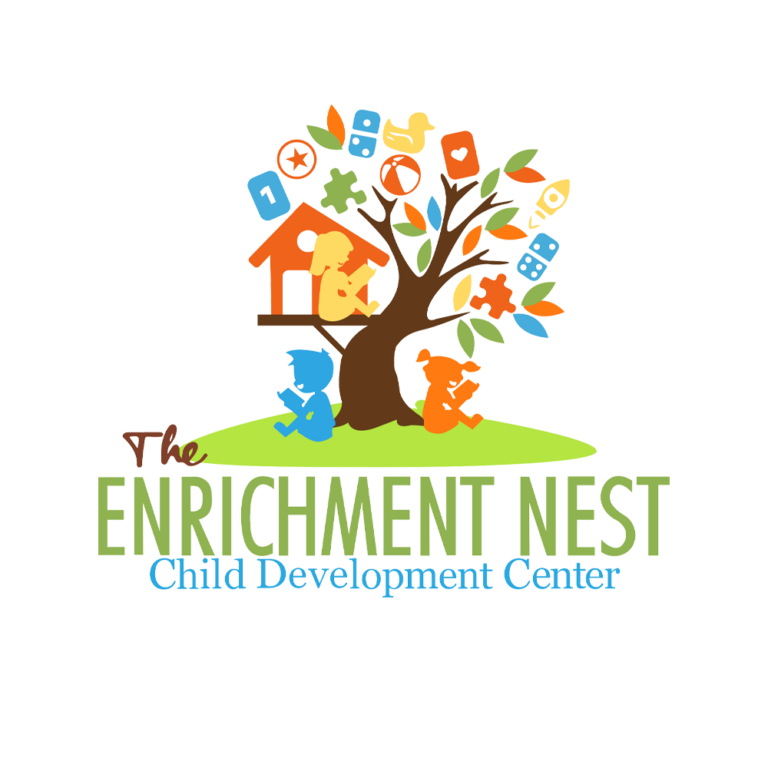In the early years of a child’s life, the development of vocabulary lays the groundwork for effective communication and future academic success. Ages 2 to 5 represent a critical period for language acquisition, and one of the most powerful tools at a parent’s disposal for building vocabulary in children is reading. In this blog post, we’ll delve into the profound impact that regular reading can have on expanding a child’s lexicon and why it’s a cornerstone for their intellectual growth.
1. Early Exposure to Language: Reading to children from a young age exposes them to a rich and varied vocabulary. The more words a child is exposed to, the more they absorb and integrate into their own growing repertoire of language.
2. Contextual Learning: Storybooks provide a context for words, making it easier for children to understand and remember their meanings. The narrative structure helps in associating words with specific situations, fostering a deeper understanding of language.
3. Cognitive Stimulation: As children listen to stories, their brains are actively engaged in processing and interpreting new information. This cognitive stimulation not only enhances vocabulary but also strengthens the neural connections that support overall cognitive development.
4. Acquisition of New Concepts: Books often introduce children to new concepts, ideas, and objects. This exposure broadens their understanding of the world, accompanied by the acquisition of words to describe these novel experiences.
5. Language Fluency: Regular exposure to a diverse range of words improves language fluency. Children who are read to regularly tend to express themselves more confidently and articulately as they grow older.
6. Building a Foundation for Reading: A strong vocabulary is fundamental for reading comprehension. Children with a rich vocabulary find it easier to understand written material, setting the stage for academic success as they progress through school.
7. Communication Skills: A well-developed vocabulary is a cornerstone of effective communication. Reading not only introduces new words but also demonstrates how they can be used in sentences, fostering better communication skills in children.
8. Encouraging Curiosity: Books often spark curiosity in young minds. When children encounter unfamiliar words, they are naturally inclined to ask questions, promoting an inquisitive attitude that further expands their vocabulary.
9. Language Structure and Grammar: Through exposure to various texts, children internalize language structures and grammatical rules. This early familiarity with linguistic patterns contributes to the development of proper grammar usage in their own speech.
10. Emotional Expression: Books provide a platform for discussing emotions and feelings, introducing children to a range of descriptive words to express their own emotional experiences. This emotional literacy contributes to better interpersonal skills.
Conclusion:
As we navigate the pivotal years between ages 2 and 5, it becomes evident that building vocabulary is not just about words; it’s about empowering children with the tools to articulate their thoughts, emotions, and ideas. Reading, in this context, emerges as a powerful catalyst for linguistic development, offering a treasure trove of words that will serve as the building blocks for a child’s future.
Every story becomes a stepping stone, introducing new words, concepts, and worlds to young minds. Parents and caregivers, armed with a collection of books, become architects of language, shaping the linguistic landscape that their children will navigate as they grow. So, let us recognize the profound impact of reading in these formative years, understanding that each page turned is a word added to a child’s evolving vocabulary and a step towards a future rich in communication and expression.






